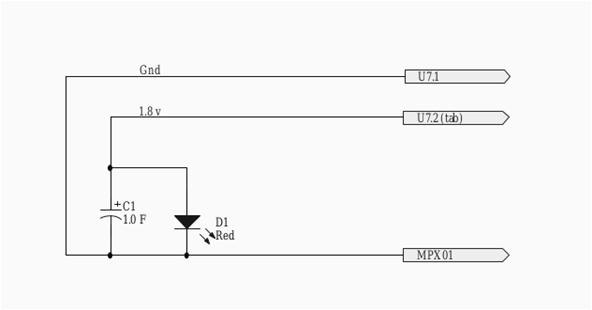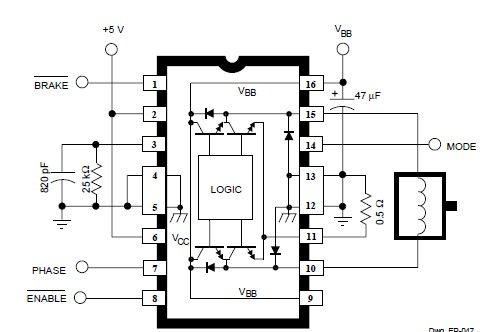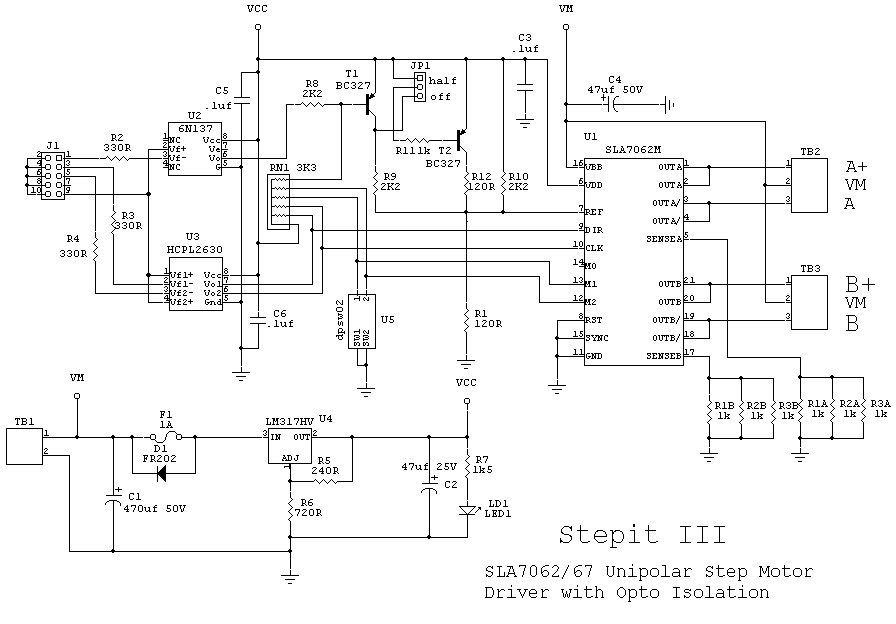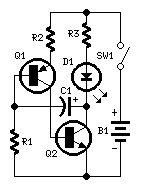
pogo mo thoin flash any xbox 360 dvd drive

The primary challenge in flashing DVD drives for Xbox 360 consoles has been the cost associated with the probe required to extract keys from certain drives. This probe and accompanying kit are essential for obtaining the DVD key, which is necessary for performing drive repairs, flashing, or backups. Many individuals are reluctant to pay a high price for a professional kit and subsequently find themselves on a lengthy waiting list with numerous others seeking the same product. Fortunately, the homebrew community has provided a solution, allowing users to create a probe using commonly available, inexpensive, or even free materials.
The process of creating a DIY probe for Xbox 360 DVD drives involves several key components and steps. The primary requirement is a compatible interface that can connect to the drive's key extraction points. This typically includes a microcontroller or an Arduino board, which can be programmed to communicate with the DVD drive.
Additionally, various electronic components such as resistors, capacitors, and diodes may be needed to build the necessary circuitry. It is crucial to have a solid understanding of the drive's pinout and the specific signals that need to be accessed for key extraction. The circuit design should ensure that the probe can safely interface with the drive without damaging it.
Once the probe is assembled, software tools are required to read the key from the drive. These tools often come from the homebrew community and can be used in conjunction with the DIY probe to successfully extract the DVD key.
The entire process exemplifies the spirit of the homebrew community, where individuals share knowledge and resources to overcome challenges in electronics and gaming. By utilizing readily available materials and collaborating with others, users can create effective solutions that bypass the need for expensive commercial products. This approach not only saves money but also fosters a deeper understanding of the technology involved in modifying gaming hardware.The biggest struggle with flashing DVD drives on Xbox 360s has been the price tag of the probe to extract keys on some drives. The probe and kit is required to extract the DVD key, which is needed to perform a drive repair, flash, or backup of any kind.
Who wants to pay big bucks for the ""pro"" kit and then get added to a huge waiting list behind a million other people looking to buy the same product? We can hack the same thing together at home! Thanks to the homebrew community, we can make a probe ourselves using things from around the house that are extremely cheap, or even free.
You can.. 🔗 External reference
The process of creating a DIY probe for Xbox 360 DVD drives involves several key components and steps. The primary requirement is a compatible interface that can connect to the drive's key extraction points. This typically includes a microcontroller or an Arduino board, which can be programmed to communicate with the DVD drive.
Additionally, various electronic components such as resistors, capacitors, and diodes may be needed to build the necessary circuitry. It is crucial to have a solid understanding of the drive's pinout and the specific signals that need to be accessed for key extraction. The circuit design should ensure that the probe can safely interface with the drive without damaging it.
Once the probe is assembled, software tools are required to read the key from the drive. These tools often come from the homebrew community and can be used in conjunction with the DIY probe to successfully extract the DVD key.
The entire process exemplifies the spirit of the homebrew community, where individuals share knowledge and resources to overcome challenges in electronics and gaming. By utilizing readily available materials and collaborating with others, users can create effective solutions that bypass the need for expensive commercial products. This approach not only saves money but also fosters a deeper understanding of the technology involved in modifying gaming hardware.The biggest struggle with flashing DVD drives on Xbox 360s has been the price tag of the probe to extract keys on some drives. The probe and kit is required to extract the DVD key, which is needed to perform a drive repair, flash, or backup of any kind.
Who wants to pay big bucks for the ""pro"" kit and then get added to a huge waiting list behind a million other people looking to buy the same product? We can hack the same thing together at home! Thanks to the homebrew community, we can make a probe ourselves using things from around the house that are extremely cheap, or even free.
You can.. 🔗 External reference





